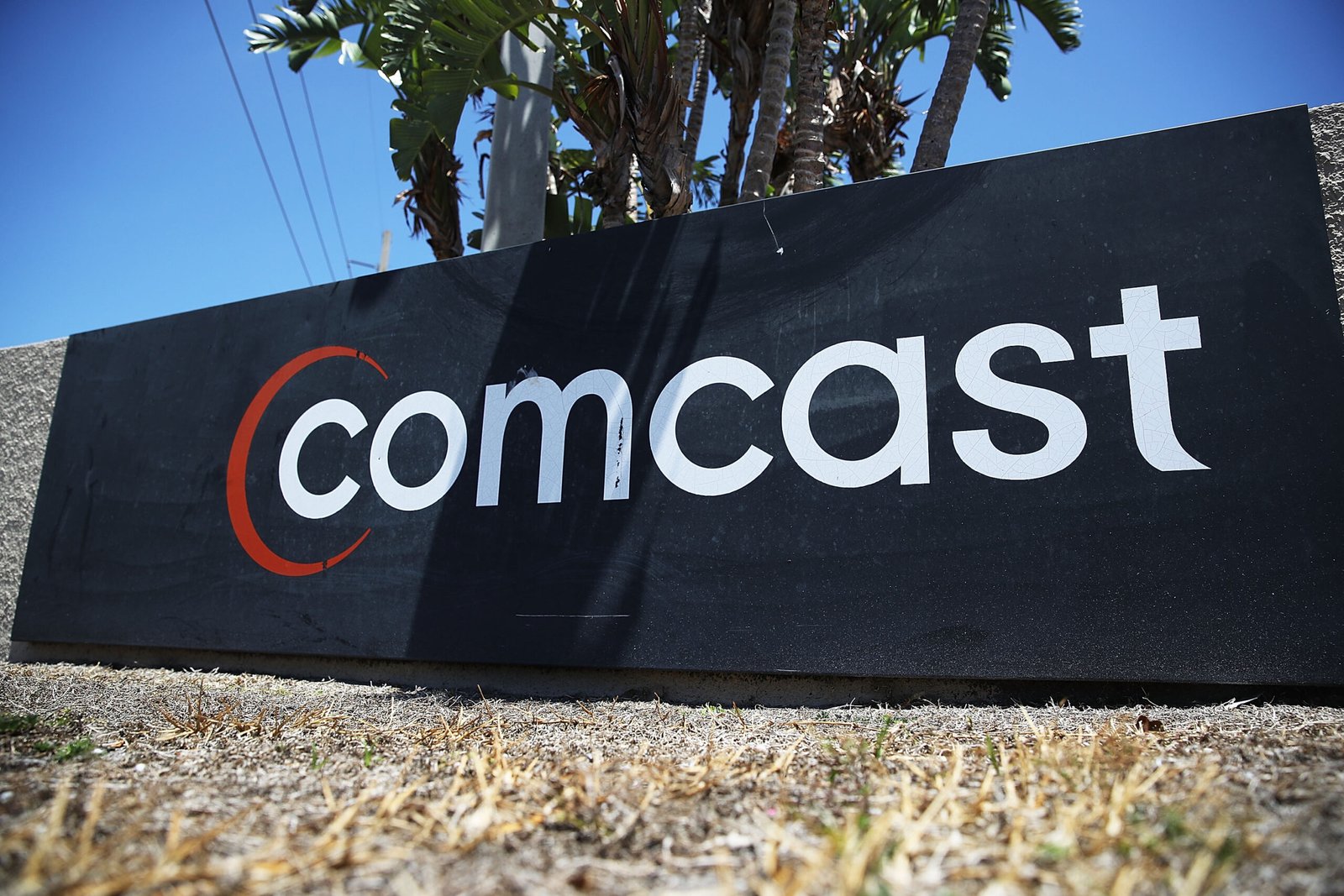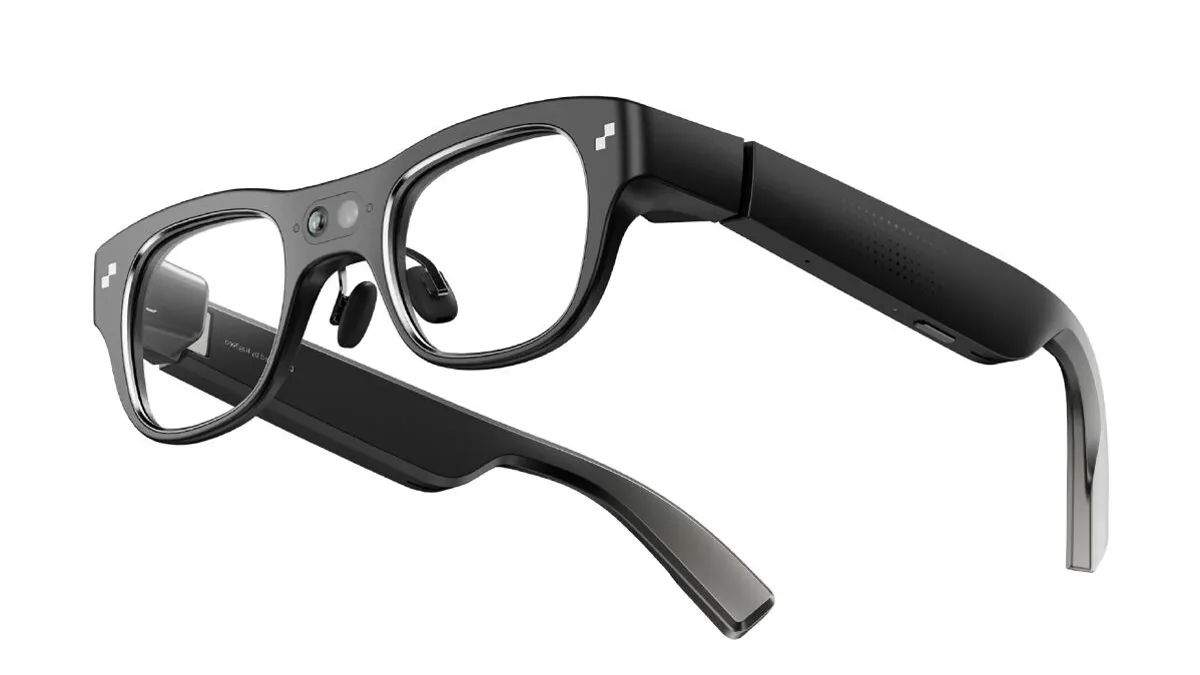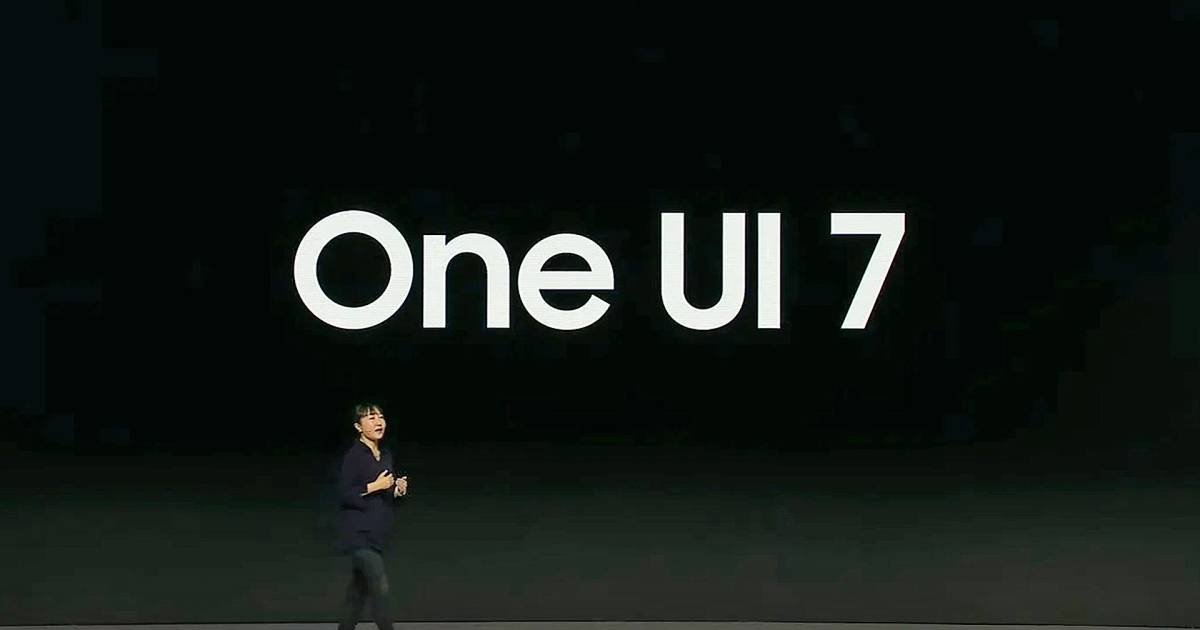The University of Southern California (USC) has officially inaugurated its School of Advanced Computing, marking a significant stride in the realm of computing and technological education. This move is set to redefine the educational landscape by integrating advanced computing across various disciplines, preparing students for the rapidly evolving tech-forward professions.
Key Highlights:
- The School of Advanced Computing aims to be a nexus for education and research in areas such as artificial intelligence, quantum computing, and data science.
- Over the next decade, USC plans to appoint up to 90 new faculty members to bolster its academic and research capabilities.
- The initiative is part of a broader $1 billion investment to position USC as a leader in advanced computing and ethical technology development.
- The Dr. Allen and Charlotte Ginsburg Human-Centered Computation Hall will serve as the school’s flagship facility, featuring cutting-edge resources for students and faculty.

Unveiling a New Era in Computing
The establishment of the School of Advanced Computing at USC represents not just an expansion of the university’s academic offerings but a forward-thinking approach to education that aligns with the needs of the modern world. This initiative is poised to make USC a beacon for tech talent on the West Coast, with a curriculum designed to equip students across all disciplines with computing-related proficiency. Such an interdisciplinary approach ensures that graduates are well-prepared for the challenges and opportunities of the digital age.
A Bold Leap Forward
Under the visionary leadership of USC President Carol Folt, the School of Advanced Computing has been conceived as a cornerstone of the university’s ambitious Frontiers of Computing initiative. This comprehensive plan underscores USC’s commitment to advancing computing knowledge and research while emphasizing the ethical implications of technology. The initiative reflects a collaborative vision, drawing on the expertise of faculty across various disciplines to create groundbreaking programs that promise to have a lasting impact on society.
Academic and Research Excellence
The School’s academic structure is designed to foster innovation and cross-disciplinary collaboration. With the introduction of new academic entities like the Division of Computing Education and Advanced Computing Affinity Groups, USC is setting a new standard for computing education that is both broad in scope and deep in technological expertise. This structure is supported by significant investment in faculty recruitment, aimed at bringing the brightest minds in computing to USC.
A Hub for Innovation and Collaboration
The opening of the Dr. Allen and Charlotte Ginsburg Human-Centered Computation Hall is a testament to USC’s commitment to providing state-of-the-art facilities for its students and faculty. This LEED Platinum-certified building will not only enhance the school’s capabilities but also serve as a central hub for the USC computer science community and experts from numerous disciplines across the university.
Preparing for a Tech-Forward Future
With projections indicating that more than 28,000 USC students will graduate with computing-related proficiency in the next decade, the School of Advanced Computing is set to play a pivotal role in preparing the workforce for the future. This initiative aligns with the broader vision of USC to embed computational power and digital literacy throughout its academic enterprise, ensuring that all students, regardless of their field of study, are equipped to navigate and contribute to a technology-driven world.
Summary
The launch of the USC School of Advanced Computing heralds a new chapter in the university’s storied history. By integrating advanced computing into the fabric of its educational and research programs, USC is poised to lead the way in preparing students for the challenges and opportunities of the digital age. This initiative is a bold statement of USC’s commitment to innovation, interdisciplinary collaboration, and the ethical development of technology, setting a new standard for computing education in the 21st century.

















